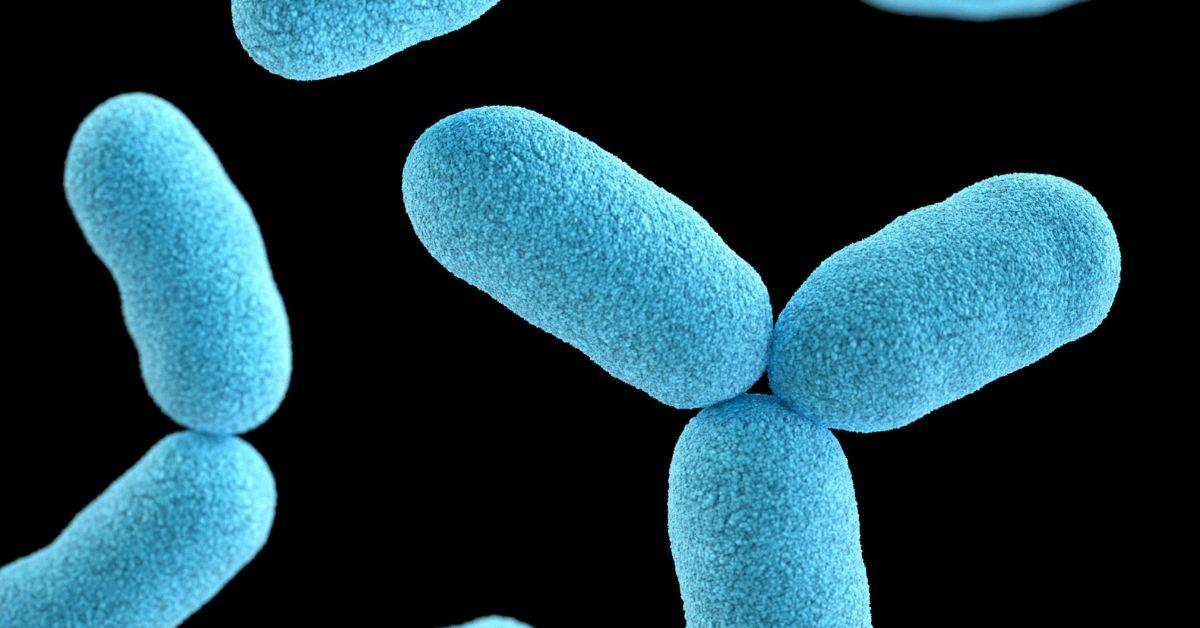By: Kelli Kieselbach
The human microbiome is the ecosystem of microbes, including bacteria, yeasts, and fungi, that live on and within our bodies.
These communities vary across different areas, such as the skin, gut, mouth, and vagina.
Among these, the gut microbiome plays a crucial role in overall health. Each person’s microbial community is unique, shaped by factors like diet, location, ethnicity, and environment. While no two microbiomes are identical, research has identified common patterns linked to various diseases and health outcomes.
The average adult has about 2kg of bacteria in their digestive tract, with hundreds of species and even more strains. Each strain has its own unique role.
Research shows that having a diverse microbiome is key to good health. It’s not just about how many bacteria you have, but how many different types there are. This microscopic community is essential for our health, helping with everything from digestion to immune function, and even our mental health.
The Roles of the Microbiome
Some key roles of the microbiome include:
- Producing vitamins like vitamin K, folate, and B complex vitamins
- Regulating the immune system
- Fighting inflammation
- Supporting digestion and gut health
- Maintaining the lining of the gut wall
- Protecting against harmful bacteria
- Producing neurotransmitters like serotonin and dopamine
- Helping with appetite control
- Influencing blood sugar and weight
- Supporting mental health through the gut-brain axis
What Happens When Your Microbiome Is Out of Balance?
When your microbiome gets thrown off balance, it can have a big impact on your health. Digestive issues are the most obvious sign of an imbalanced microbiome (also known as dysbiosis).
Symptoms can range from mild to severe and may include:
- Bloating and stomach pain
- Reflux and indigestion
- Nausea and poor appetite
- Constipation or incomplete bowel movements
- Diarrhea or loose stools
- Alternating bowel habits
- Irritable bowel syndrome (IBS)
But it’s not just about digestion—dysbiosis can affect other areas of your health too.
Conditions linked to an imbalanced microbiome include:
- Autoimmune diseases
- Eczema and allergies
- Fibromyalgia
- Long COVID and chronic fatigue syndrome (ME/CFS)
- Obesity and diabetes
- Endometriosis
Keeping your gut microbiome balanced is key for preventing disease and staying healthy.
For many, this can be achieved through diet and lifestyle changes. But if your imbalance is more severe, you might need some extra help from nutritional or herbal supplements.
Article supplied with thanks to Kelli Kieselbach.
About the Author: Kelli Kieselbach is a Naturopath and Nutritionist with a passion for a holistic and natural approach to health and wellbeing. Kelli has a special interest in chronic fatigue and chronic pain disorders, and also works to educate Christian ministry leaders in self care and avoiding burnout.

